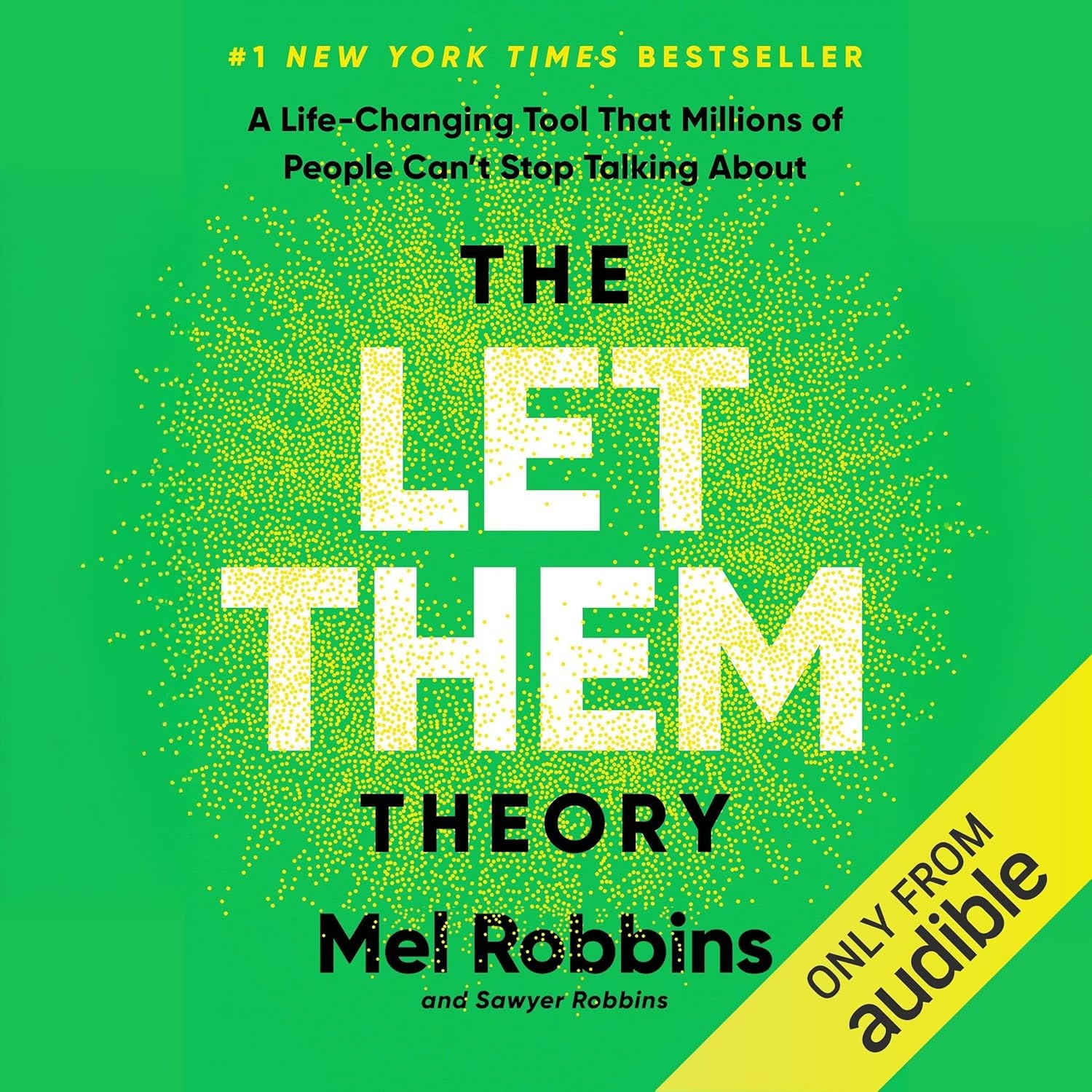![]() If you’re like me, you have an artistic passion that you take seriously yet just don’t have nearly enough time for. As a both a career writer and a creative writer, I’ve always struggled to fit in my creative work around my regularly scheduled life – and I’ve finally discovered the only way around it: I’ve learned to embrace the chaos of everyday life rather than fight it, and make it work to my advantage.
If you’re like me, you have an artistic passion that you take seriously yet just don’t have nearly enough time for. As a both a career writer and a creative writer, I’ve always struggled to fit in my creative work around my regularly scheduled life – and I’ve finally discovered the only way around it: I’ve learned to embrace the chaos of everyday life rather than fight it, and make it work to my advantage.
As it turns out, this strategy works very well. For one, I don’t waste energy despairing that I have no time to write; and two, I’ve ended up finding far more material than I would have if I’d hidden myself away in a library somewhere. Instead of constantly seeking out time for writing, I’ve become an Everyday Writer, which means I am, in fact, constantly writing, even when I’m not putting words down on a page.
Here are a few tips for how to fit creativity into your own life. Although these are geared toward writing, they’ll work for other creative endeavors, as well, since much of art is about how we see and experience the world even before our work takes a physical form.
1. Be realistic. You can’t add hours to a day or days to a week. (Trust me, I’ve tried.) So the first step is to be realistic about what’s possible, accept the fullness of your life as it is, and find creative time where you can without losing sight of what’s important – like loved ones or personal hygiene.
2. Develop habits. The next step is to figure out where you do have a little extra time. Can you trade an hour on Facebook for an hour of writing? Probably. Can you give up yet another Seinfeld rerun for some writing time? Definitely. It’s amazing how much time we waste without even realizing it; figure out where your “lost time” is going and reclaim it for creative work.
3. Create a space. Whether you need to retreat to a local café or whether you have a little spot in your house that works, find the space you need to be creative. Remember, it’s not necessarily the location that matters most; the only thing you really need is to be free from distractions. Sometimes I write stories in my day-job work space, with the only difference being turning off the phone and my Internet access, which does wonders.
4. Write anywhere. Carry a notebook at all times, and don’t be afraid to use it. (Visual artists: take a sketch pad; photographers, a camera—you get the idea.) Don’t limit yourself to specific hours in a day or even to your dedicated writing space; remember that good stories are everywhere, and by capturing them you’re halfway there.
5. Be persistent … yet flexible. While I’ve always struggled with time, squeezing in my writing whenever and wherever I can, I’d never have been able to publish stories and eventually a book if I hadn’t been extremely persistent. You’ll likely have days, even weeks or months, when nothing seems to be going forward with your project – but don’t let it derail you completely. Remember how important your work is – how vital to the soul it is to be a creative being—and find your way back. Whenever you feel a little lost, reacquaint yourself with your creative side, and keep going.
I hope these tips are helpful and, for all you writers out there: If you’d like a jolt of creative inspiration to start your week, join me every Monday morning for a writing prompt on my blog, Remembering English.
Read our interview with Midge here, and watch the video she and her husband made for both of their books here. Be sure to check out her poetry recommendation here.
This post originally appeared on my former blog, StyleSubstanceSoul.com.




Midge, you are such an inspiration! Thank you for these reminders, and for your example.
Wonderful reminders; I already downloaded this book – – I love having writing prompts with me whenever and wherever I am … waiting for a friend in a coffee shop, waiting at a doctor’s office, in bed at night after I’ve turned out the lights, etc. My best ideas always seem to flow when it is most inconvenient to write them down, so I actually carry a small tape player (an Olympus NoteCorder) with me to verbally record ideas when I’m driving or doing anything where paper & pen and/or a computer isn’t handy. When I’m really in a pinch, I record my thoughts onto my smart phone, but it’s not as flexible as the NoteCorder.
Thanks for that. Good ideas to keep in mind. I write in my head constantly – time for a notebook!
Thanks so much, Elizabeth, Pamela, and Jenny!
Pamela, love your idea about the recorder — it’s such a handy thing! (And absolutely essential for writers who spend a lot of time at the wheel…notebooks and driving just don’t mix.) Thanks for adding this wonderful tip.
Happy writing to all…